At Panorama Medical Centre, our hygienists and dentists go beyond sparkling teeth during your scale and polish.
At Panorama Medical Centre, Dubai’s leading dental clinic, we specialize in treating TMJ disorders.

We understand the impact TMJ can have. Our dedicated team of specialists offers compassionate care and personalized treatment plans to:
Experiencing jaw pain, facial tension, or trouble opening your mouth? Our experienced TMJ specialists are here to help! We’ll conduct a thorough evaluation to understand the root cause of your discomfort. Then, we’ll develop a tailored treatment plan that gets you back to feeling your best, promoting long-term jaw health.
TMJ -Jaw Joint Disorder Symptoms
Common Causes of TMJ or TMD Disorder
Types of TMJ Disorders
The cost of obtaining a TMJ treatment differs based on the type of TMJ disorder a patient has, and, the type of TMJ treatment prescribed to them.
When you begin to experience pain in your face, jaw, neck, and shoulder areas, it may lead to TMJ dysfunction. Sometimes, you may also find it difficult to resume the functionality of your jaw such as opening and closing your mouth (for other activities). This is when you may need to visit a doctor.
This depends on the severity of your case. Typically, it may take anywhere from 18 months to 3 years, to completely heal from a TMJ disorder. Moreover, if you are subjected to open-joint surgery, then the healing time would be longer than other TMJ treatments.
This depends on the severity of your case. However, the treatment options can vary from non-surgical methods like self-care practices or conservative treatments to surgical options such as injections and open surgery. Usually, surgeries are often treated as the last resort to solve chronic pain and discomfort caused by TMJ Disorders.
While our TMJ specialists and oral surgeons prefer surgical treatment options for TMJ disorders, certain non-surgical alternatives can solve the problem to a certain extent. For Examples: relaxation techniques, acupuncture, wearing splints or night guards, etc.
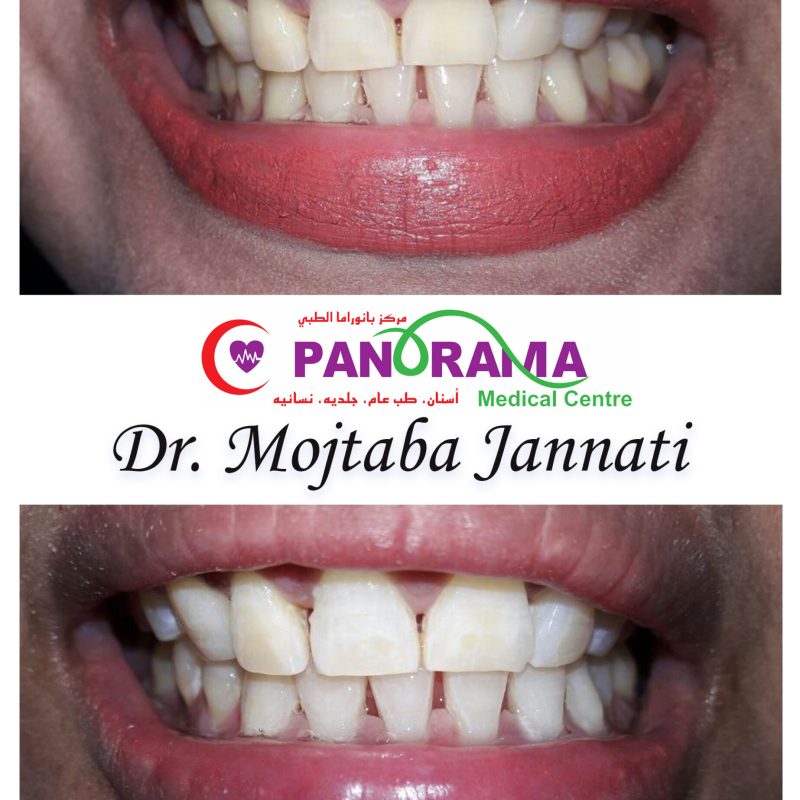
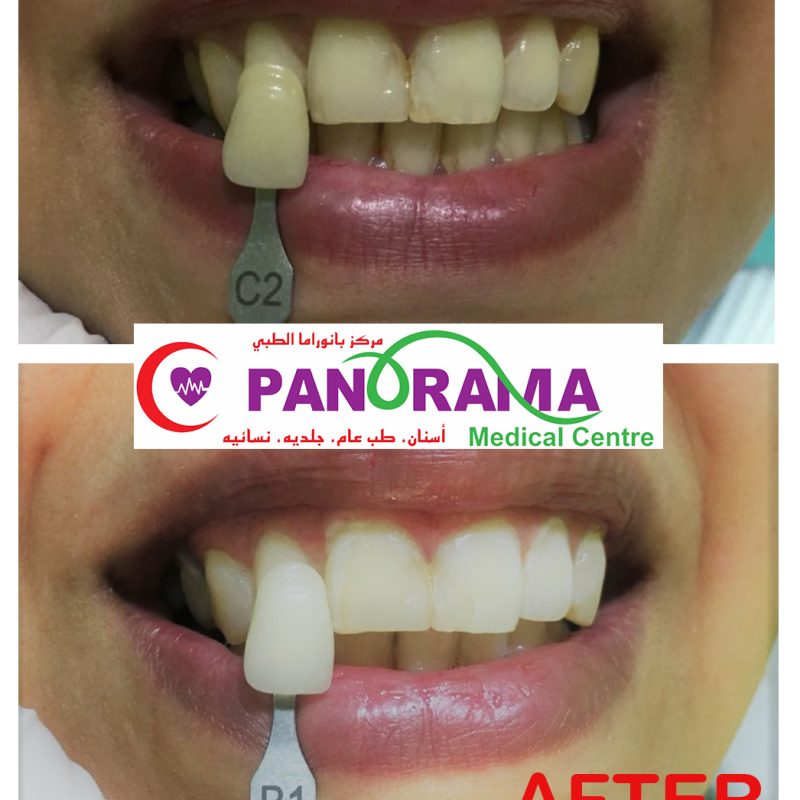
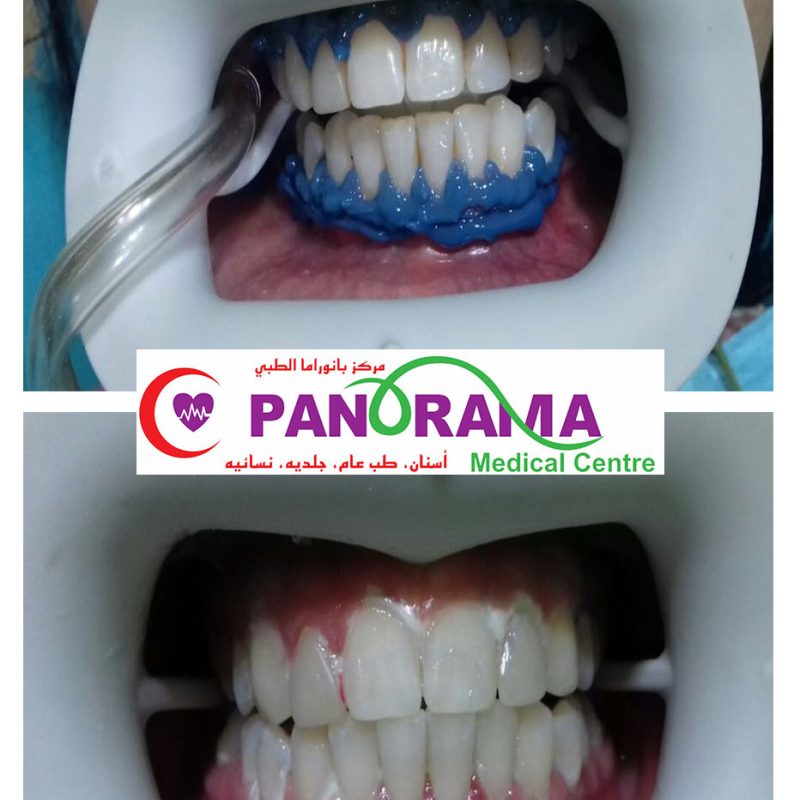
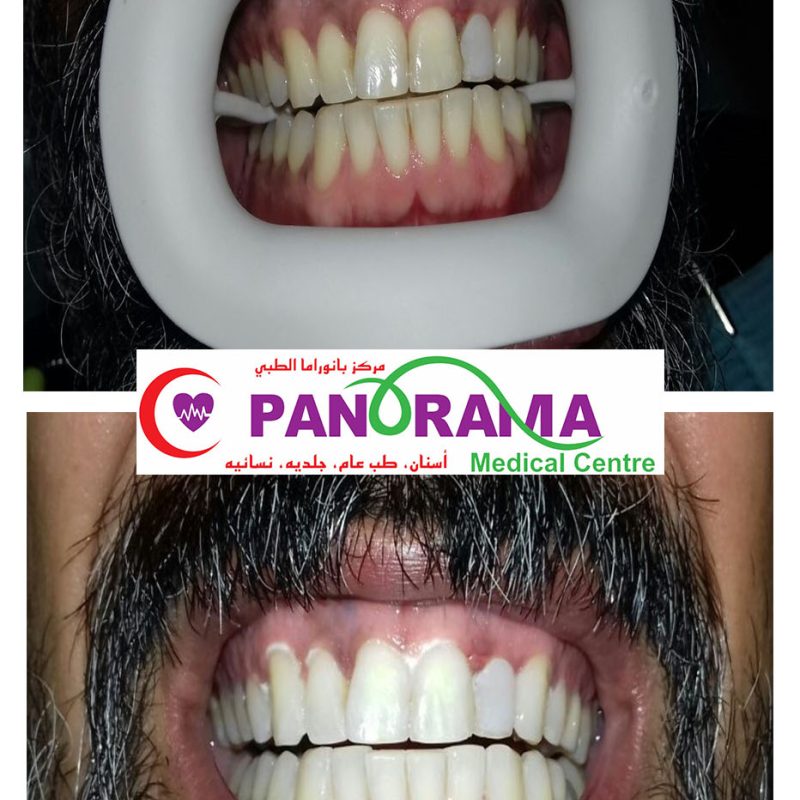
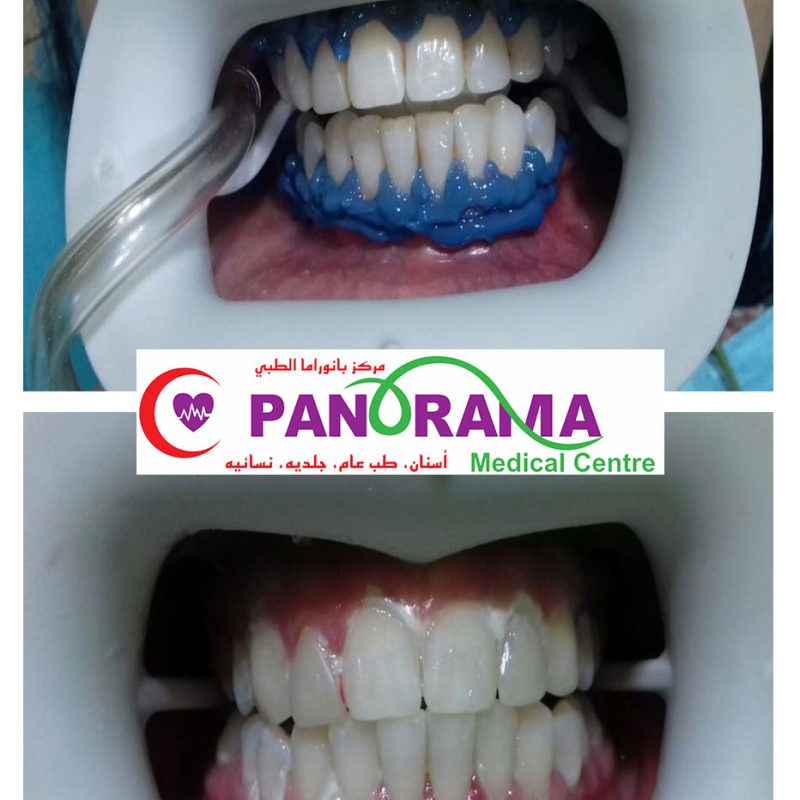
Get medical care tips without leaving your couch! Subscribe to our newsletter.

Panorama Medical Centre (PMC) was first established in August 2016 with dentistry service as the solo service provided.
Use this feature to chat with our agent.